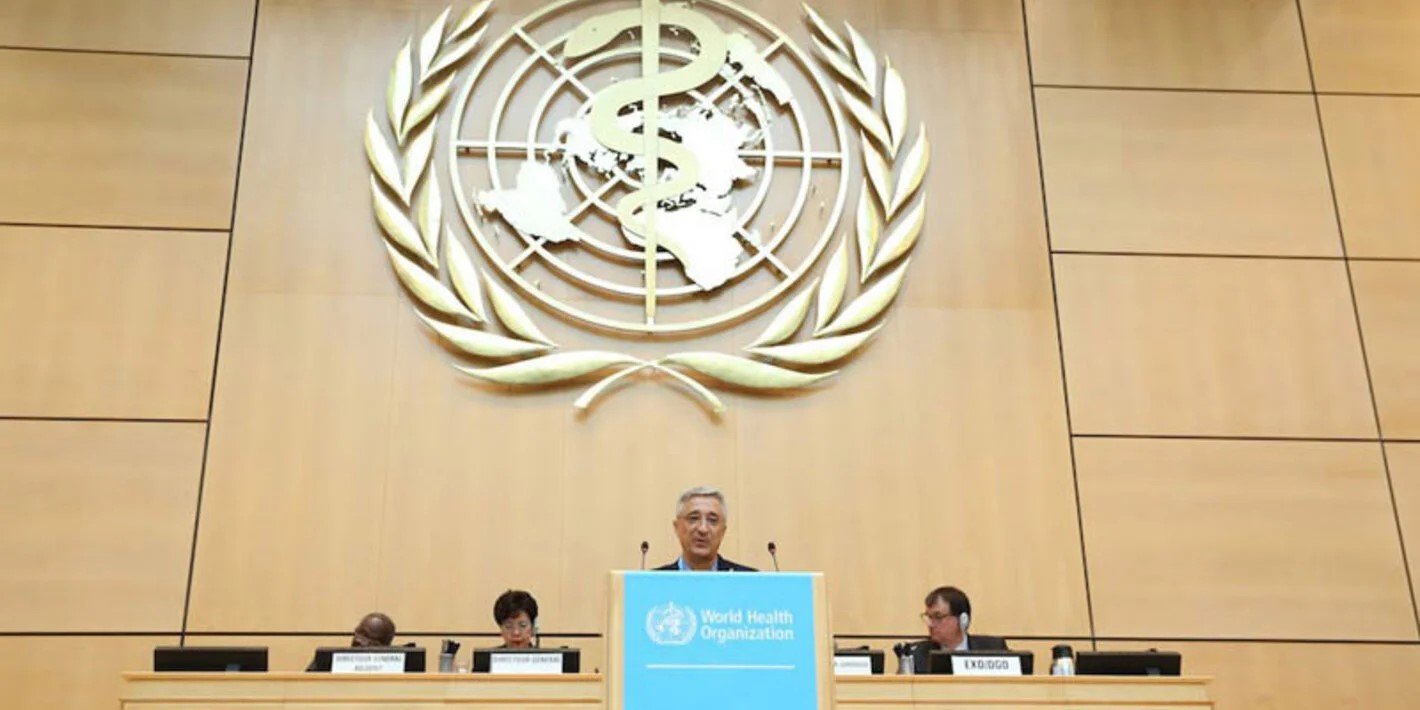World Health Assembly 2024

- 25 May 2024
Why is it in the News?
The World Health Assembly will convene from May 27 to June 1 to discuss amendments to the International Health Regulations, aimed at improving the ability of countries to respond to public health emergencies and prepare a potential new pandemic agreement.
What is the World Health Assembly?
- The World Health Assembly is the decision-making body of the World Health Organization (WHO), the United Nations (UN) agency dedicated to promoting the global population's health and access to the highest levels of healthcare provision.
- Its main functions are to determine WHO's policies, elect the Organization's Director-General, supervise financial policies, and review and approve the proposed WHO budget.
- Delegates from WHO member states come together at an annual assembly held at the UN headquarters in Geneva, Switzerland, to focus on a specific healthcare agenda created by the organization's Executive Board.
- The Executive Board comprises 34 technically qualified members, each elected for a three-year term.
- They meet every year in January to agree on the agenda and any resolutions that will be put before the World Health Assembly for consideration.
- Now in its 76th session, the theme for this year’s event is “Health For All: 75 Years of Improving Public Health”.
What does the Assembly do?
- Delegates at the annual World Health Assembly discuss the Executive Board's policy agenda for the coming year and decide which health goals and strategies will guide the WHO's public health work.
- Other functions include voting to appoint the organization's Director-General to serve a five-year term.
- Dr Tedros Adhanom Ghebreyesus holds the post currently, having been re-elected in 2022 to serve a second term as head of the world's leading public health agency.
Why is it important?
- Since its inauguration, the Assembly has presided over WHO policies that have helped eradicate deadly diseases like smallpox and the poliovirus and helped foster international collaborations to develop and distribute vaccines for diseases like malaria and COVID-19.
About International Health Regulations (IHR):
- First adopted by the World Health Assembly (WHA) in 1969, the IHR was last revised in 2005. These regulations aim to maximize collective efforts in managing public health events while minimizing disruptions to travel and trade.
- The IHR has 196 State Parties, including all 194 WHO Member States, plus Liechtenstein and the Holy See.
- The IHR provide a comprehensive legal framework that outlines countries' rights and obligations in managing public health events and emergencies with the potential to cross borders.
- The regulations introduce crucial safeguards to protect the rights of travellers and others, covering the treatment of personal data, informed consent, and non-discrimination in the application of health measures.
- Legally Binding Instrument: As an instrument of international law, the IHR is legally binding on 196 countries.
